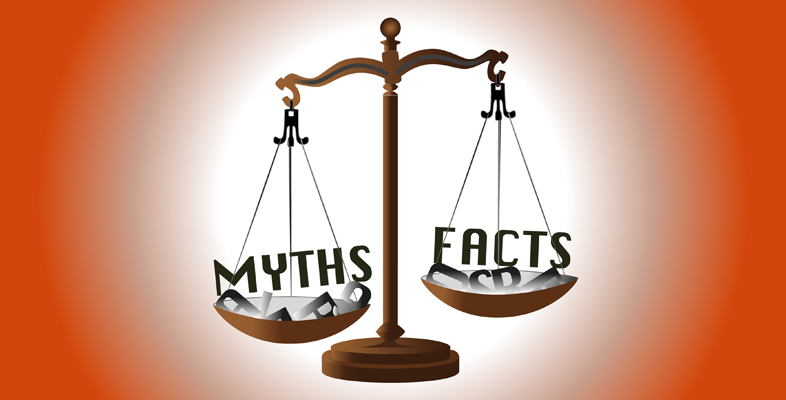2.1 Truth?
There is some truth in the image of the white, male judge. That is unsurprising given the history of the legal profession. To become a court judge, a person must already be an experienced lawyer. Lawyers are people who provide legal services, including solicitors and barristers.
Box 1 Barristers and solicitors
Barristers typically specialise in courtroom advocacy or drafting specialist documents. Usually, they are introduced to their client by a solicitor.
Solicitors have direct contact with clients. They do most legal work, including preparing cases, speaking to witnesses, advising clients, and often speaking in court, but can also instruct a barrister for advocacy or specialist advice.
However, until 1919, only men could become barristers or solicitors. All barristers and pupils (trainee barristers) must belong to one of the four Inns of Court in London. Pupils must also complete qualifying sessions – traditionally, by eating dinners – at their Inn before they can be called to the Bar (i.e. formally qualify). While women had tried to join the Inns of Court before 1919, the Inns refused to admit them.
The Law Society, which was responsible for solicitors’ regulation and education, would not let women take the exams needed to qualify as a solicitor. In 1914, four women brought a case against the Law Society,Footnote 1 but they lost. The courts ruled that women should continue to be excluded from the profession because that had been accepted practice for centuries.
Ethnic minority men were not formally prohibited from becoming lawyers. However, the racism they faced made practising in England and Wales very difficult. Most black and Asian barristers who qualified before the twentieth century went on to practise in other countries of the British Empire.
Footnotes
- 1 Bebb v Law Society [1914] 1 Ch 286.Back to main text
